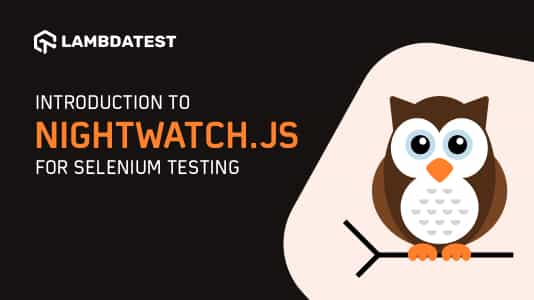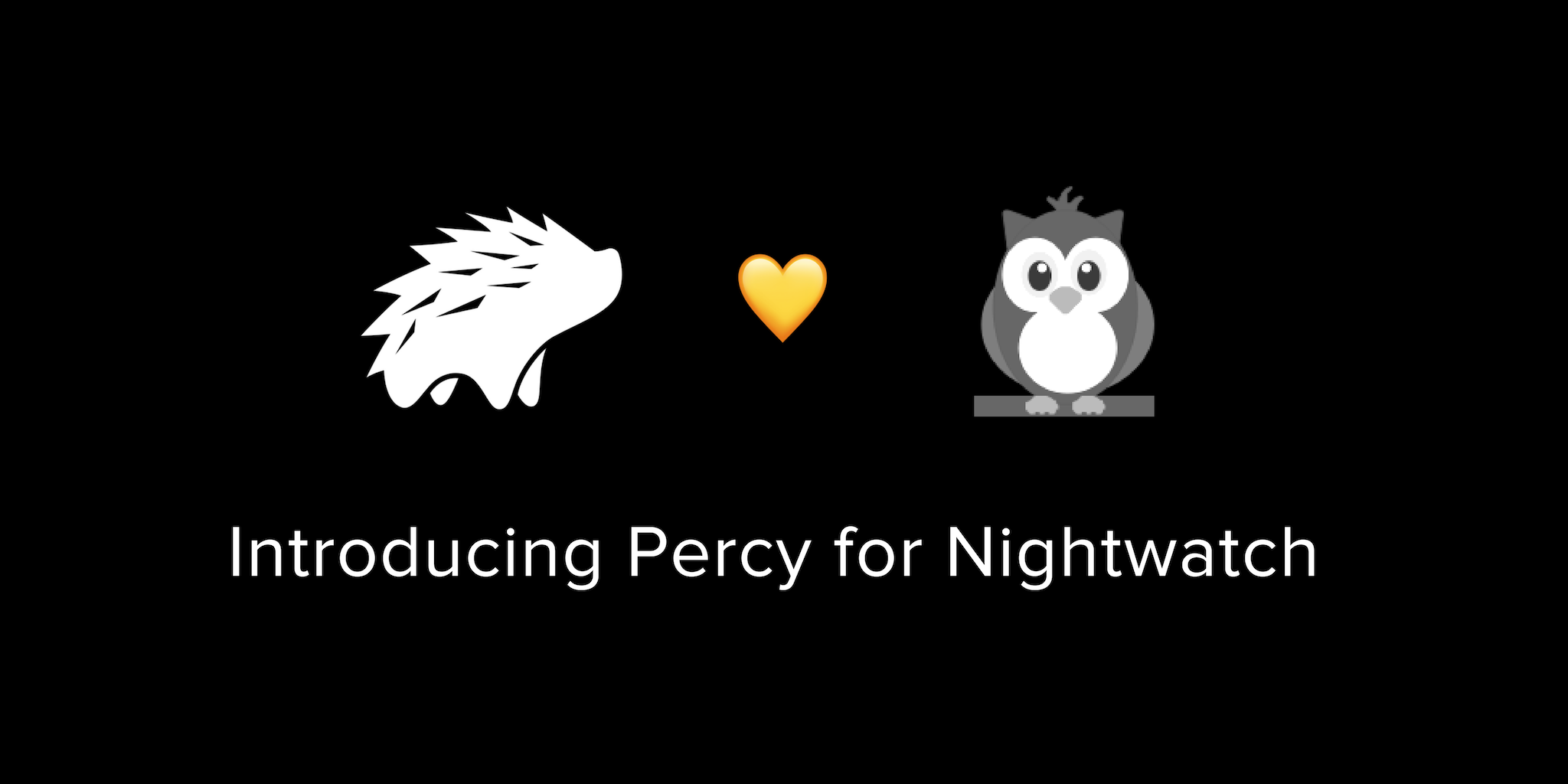Nightwatch was published in January 2014, initially created by Andrei Rusu as a tool to enable writing of automated UI tests in a straightforward way, and which will require as little configuration and additional libraries as possible.
Right after it was published, Nightwatch has seen steady growth and has now become one of the most popular Node.js end-to-end testing solutions for web applications and websites.
From the very first Github Issue opened by Evan You (creator of Vue.js) and seamless integration with the Vue.js framework, to being featured on the 2017 ThoughtWorks Technology Radar,
Nightwatch has become an established household name in the wider automated testing industry.
Our Vision
Instead of building a highly flexible tool which supports a lot of plugins and customization we aim to deliver a tool that is packed with everything you need out of the box.
We believe that in order to write tests you should only focus on writing tests and not have to add multiple external plugins and dependencies. In our experience, this usually leads to increasingly more time spent on maintaining dependencies and solving configuration issues, instead of writing actual tests.
We do however provide mechanisms to extend the existing API commands and assertions when needed and you can also use Nightwatch programmatically if you wish.
We also do our best to ensure that Nightwatch follows an industry agreed upon practice and we try to be compatible with other existing tools.
You can even write Node.js unit tests in Nightwatch to test your backend APIs. These tests are using the same assertion libraries and the same syntax and runner.
We can even combine end-to-end tests with unit/integration tests in the same test run.
Current Version – 1.7
This version adds integrated support for the latest Microsoft Edge browser, improved parallelism support, and a few other features and improvements (such as making the API work with both chaining and promises).
Version 2
We are working towards releasing the next major version which will be built on top of the Selenium Webdriver, which will be making test run significantly more stable and more reliable.
We'll also add a few new capabilities, such as support for Chrome Dev Tools Protocol, file uploads, and a new APIs.
Vaibhav Singh
Contributor








